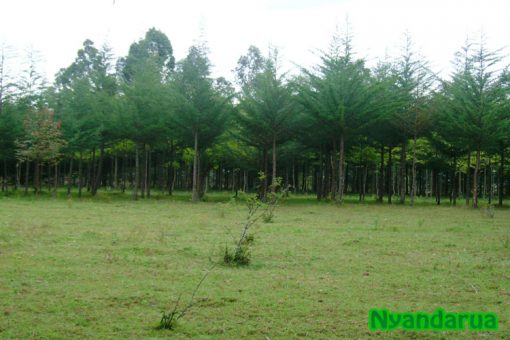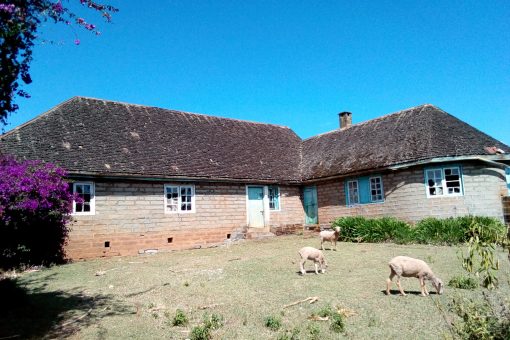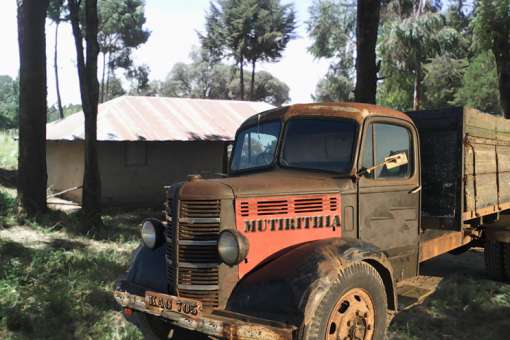The only time we heard people talk of death was when our parents tuned into the Voice of Kenya (VoK) Central Station. That was the station on VoK that broadcasted in different vernacular languages at designated times. There was Masai broadcast, Meru and Kikuyu following in that order. Kikuyu broadcast ran from 6pm to 8pm hosted by our ever popular hosts, Gaithuma wa Kimumu and Wanjiku wa Muchemi. Gaithuma was famous for describing his hands as enormous “moko maya makwa maigana kurema”. The two hosts read news, announcements and entertained us with Kikuyu music hits of our generation. After reading the evening news, death and funeral announcements followed. Being the only station in the country that broadcast in Kikuyu language for at least two hours a day, every Kikuyu anywhere there was radio signal in the country, tuned in to listen. There were no telephone services in majority of rural areas in the country, making the radio announcements the only means of reaching relatives scattered all over the country. Majority of homes did not own a radio either, and that is why it was important for those with radios to listen keenly for such announcements, and spread the news to anybody in their neighborhood who did not own a radio.
The signal was weak in OlKalou but we kept adjusting the aerial of our Transistor Radio, positioning it in every angle to catch better reception. My parents listened intently as we sat quietly until that segment ended. Most days they did not hear anybody they knew and that was good.
But on some days, my mother interrupted with “uuuuu ucio ni Tefanu wa Wagutinu. Arariirwo nikii na ndarari mukuru?” Translation “oooh that is Stephen son of Augostine. I wonder what he died from and he was not old” A conversation ensued between our parents reminiscing about the family of the deceased. “Tefanu ni wa riika ria baba?” (Stephen was my fathers’ agemate, right?) My mother asks. Our father responds with “Aaaai, thoguo ni mwanake, matingionana riika na Tefanu” (Ooh no, your father is very young, he is nowhere near the age of Stephen). They continue: “Mwari wake Njeturunde niwe uhikitio ni muuriu wa Njafati, aya maakite murimo wa kwanyu” (His daughter Gertrude is the one married to Japheth’s son, their home is on the opposite ridge of your parents home). That conversation continued for a long time, with our parents reminiscing about people and events from their youth back in Gikuyu. We could feel their nostalgia, even a hint of loneliness and isolation, but they quickly gathered themselves and put their focus back on us.
As we were listening to them talk about Gikuyu, we wondered about the names of people they mentioned. They all sounded funny, we wondered if those were given names or nicknames. Only to realize those were baptism names borrowed from their colonial masters and Catholic priests who were mainly Italian. They Kikuyunized the names, you could no longer tell they were English names. Gaterina (Catherine), Mwonjoria (Marjorie) Kurutinde (Clotilda) But I digress.



